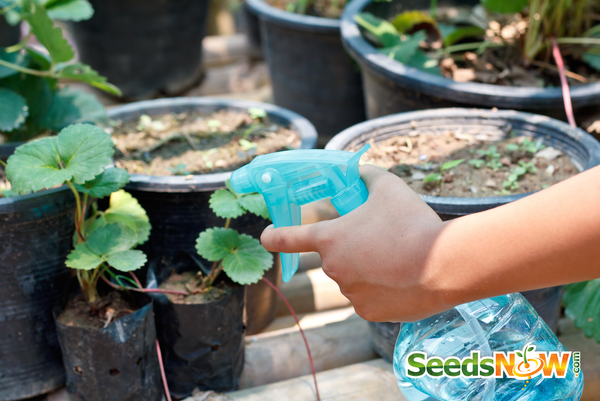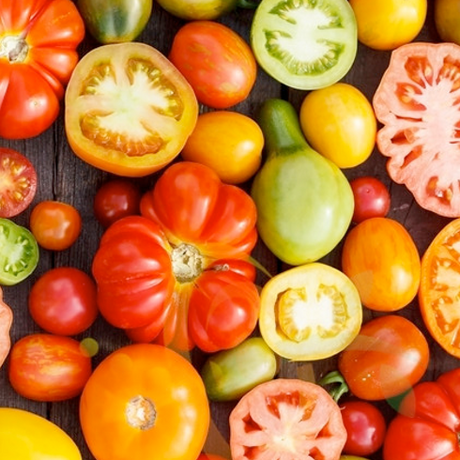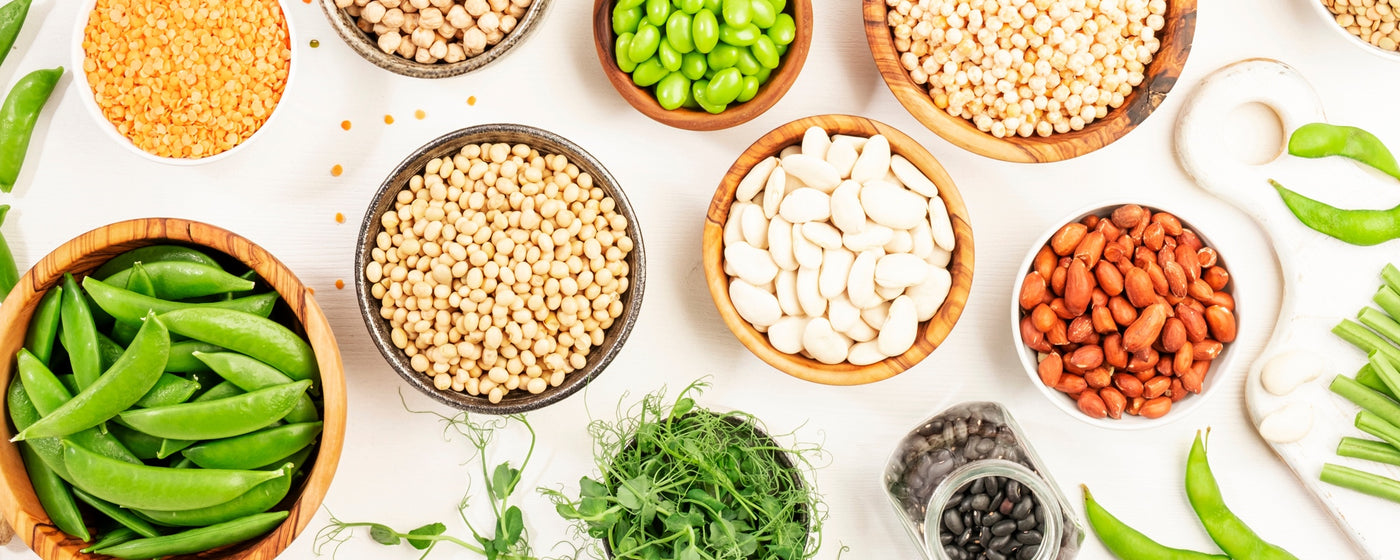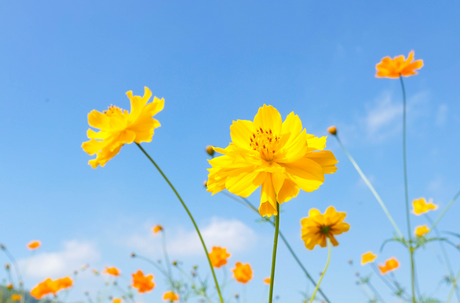
Not only should you keep the same plant from going in the same place, but keep other related plants out, too. This will help save your plants from both diseases and pests that build up in the soil around the roots of a particular kind of plant.
In addition, it’s good to grow as many different crops as you feel comfortable taking care of. Besides giving you some harvest even if one of your crops is completely destroyed by pests, this diversity is itself a form of pest control – pests move quickly through large plantings of the same crop, but more slowly through small plantings of diverse crops.
Most plants have few defenses when they are small, but as they grow older, their stems get thicker and less tasty for insects, and they develop the ability to release bitter or otherwise unpleasant substances in response to insect feeding. Their resistance to disease also increases.
If you have used the various preventative tactics mentioned above and you still have insect pest problems, there are some compounds that are used as organic pesticides. Keep in mind that these compounds are not like some of the conventional insecticides you might have used in the past – if they are o.k. for use in organic production, they are less toxic to your health, or at least break down more quickly in the environment than standard pesticides. Most of these compounds only kill insects when the insects are very small (larvae, or worm-like creatures, rather than adults). Also, most of these compounds are only effective for a day or two after you apply them, after which point they are destroyed by sunlight, rain, or just exposure to the air.
Use a molasses spray to keep bugs off your plants.
Organic molasses mixed with a few simple ingredients sprayed on plants, will help drive off harmful insects while giving your plants a boost. Insects like a very specific window of sugar content in plants. If you raise that, they will not want to eat it and if they do will die. Insects cannot bloat or release gas, therefore sugars create gas and it basically kills them from the inside out.
 Though bugs hate it, plants love it.
Though bugs hate it, plants love it.Adding molasses to the soil in your garden helps to increase the microbial activity resulting in soil that holds moisture better and is also easier to plant in. When soil microbes are exposed to simple sugars, they multiply quickly. As microbes go through their living cycle, they add important nutrients to the soil, therefore, the more the merrier. You can also rid your yard of fire ants by spraying this over your grass too. This is the most inexpensive way to add sugars and ward off harmful insects to your garden and vegetable plants.
Simple Molasses recipe for soil and plants: (spray bi-weekly directly onto the leaves)
- 3 T. organic molasses
- 1T. liquid organic garlic
- 1T. liquid organic fertilizer
- 1 gallon of water
Which Organic home remedies do you use to combat pests in your garden?
← GO BACK TO GROW GUIDES













































